Four Steps to Manage Restaurant Waste
Modern Restaurant Management
MARCH 9, 2021
Research from the University of Arizona shows that fast-food restaurants waste 9.55 Considering that the cost of food is the second-largest expense in the restaurant industry, these numbers translate to hundreds of dollars in wasted revenue each day. This way, you can go back and work on the supply and demand metrics.


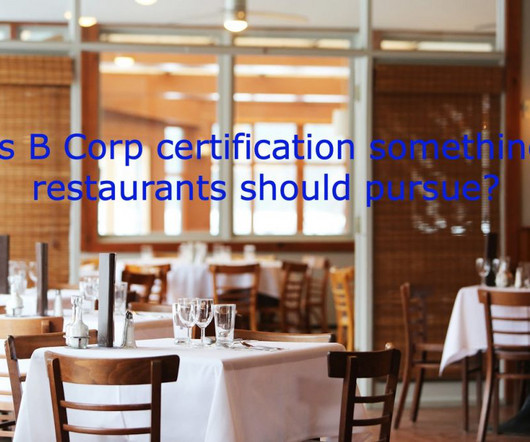
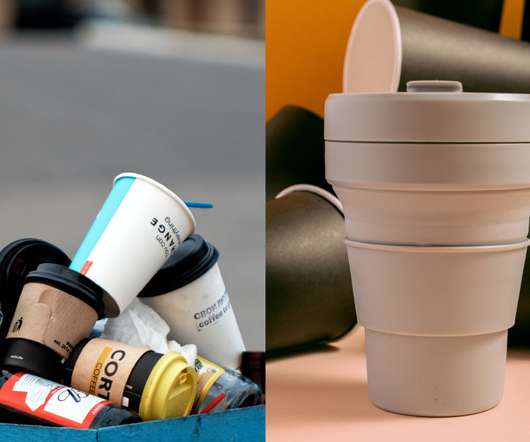
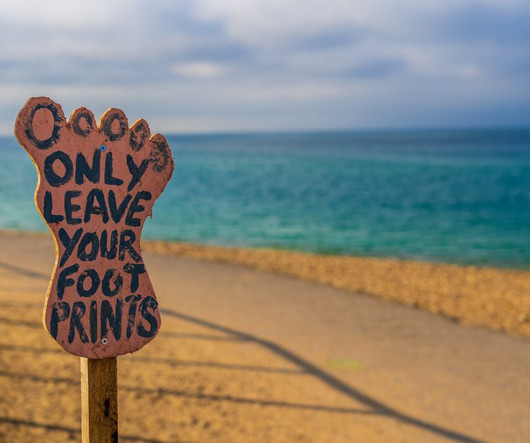

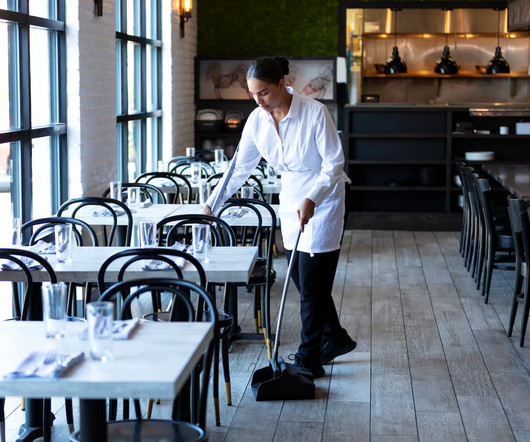






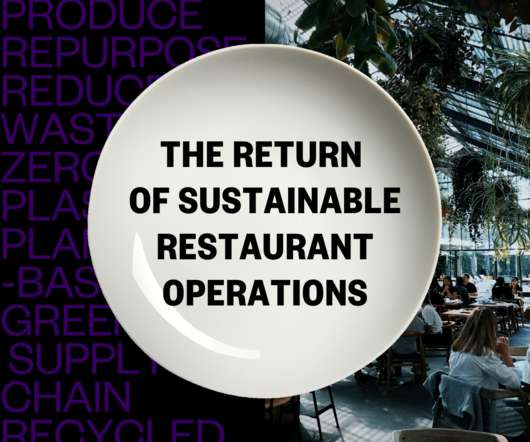
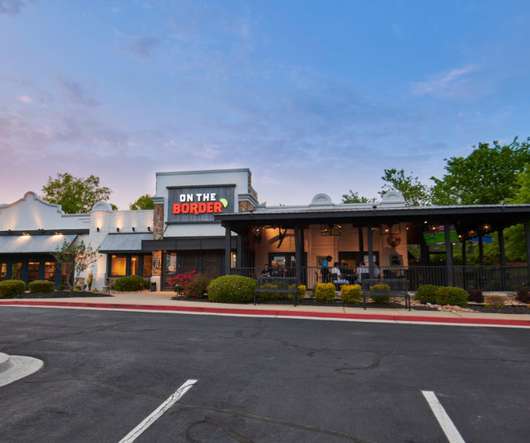









Let's personalize your content